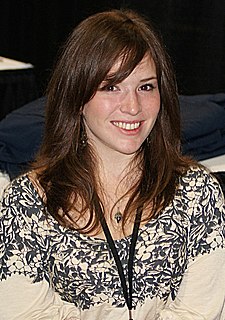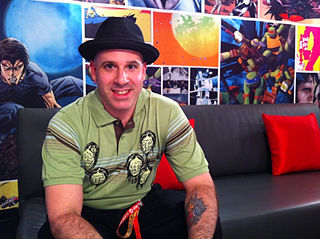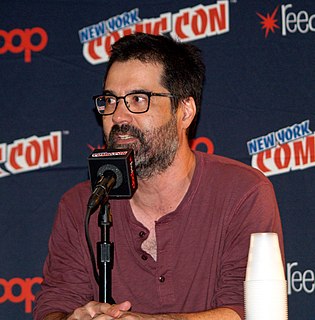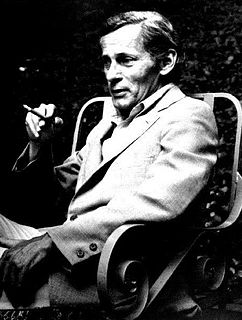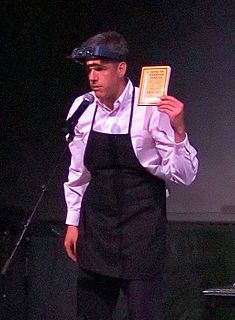A Quote by Kate Beaton
I was told I make intelligent comics, and then I made a comic about a horse that pooped.
Related Quotes
The dirty little secret about comics is that the wall to getting published is actually not that high. You can publish your own comic. You can have your comic printed by the same people that print Marvel and DC and Image's comics for, I think, it's about $2,000 for a print run. So you can Kickstart it and get your own comic made. It depends on what is considered success to you. So if you need to be published by the Big Two to feel that you've made it, well, you should start working very hard.
The lovely thing about writing comics for so many years is that comics is a medium that is mistaken for a genre. It's not that there are not genres within comics, but because comics tend to be regarded as a genre in itself, content becomes secondary; as long as I was doing a comic, people would pick it up.
I got into comics about the same time as music. By 12 years old, I had discovered my dad's killer comic book collection filled with Silver Age books from his youth...early Spider-Man, Thor, Fantastic Four, The Hulk, Detective Comics, Action Comics, you name it. Seeing those old books got me interested in new comics, so my friends and I would hit the local comic shop every Saturday to pick up the cool titles of my generation.
"March" was inspired by "Martin Luther King and the Montgomery Story." I actually first heard about that comic from John Lewis, who told me that it played an important role in the movement. And so once he told me about that, it made me start thinking, "Well, why doesn't John Lewis write his own comic book?".
The magic of comics is that there are three people involved in any comic: There is whoever is writing it, and whoever is drawing it, and then there's whoever is reading it, because the really important things in comics are occurring in the panel gutters, they're occurring between panels as the person reading the comics is moving you through, is creating a film in their heads.
